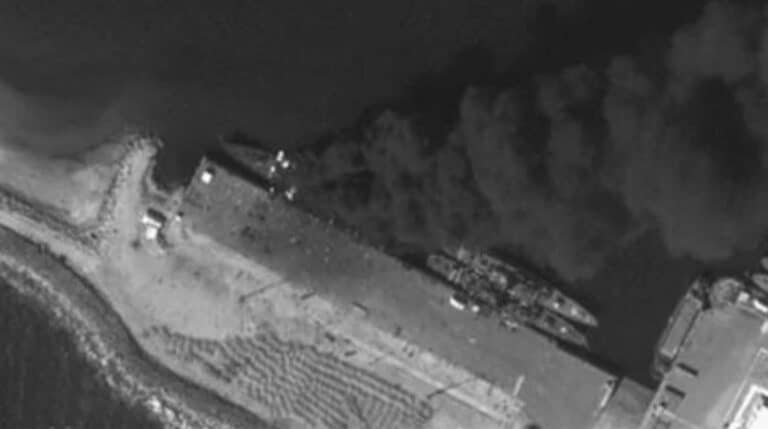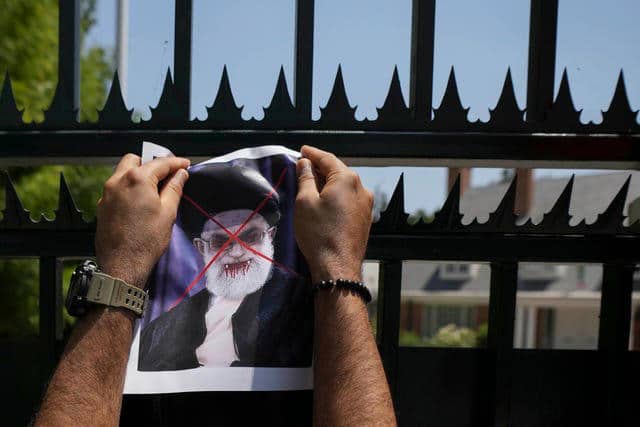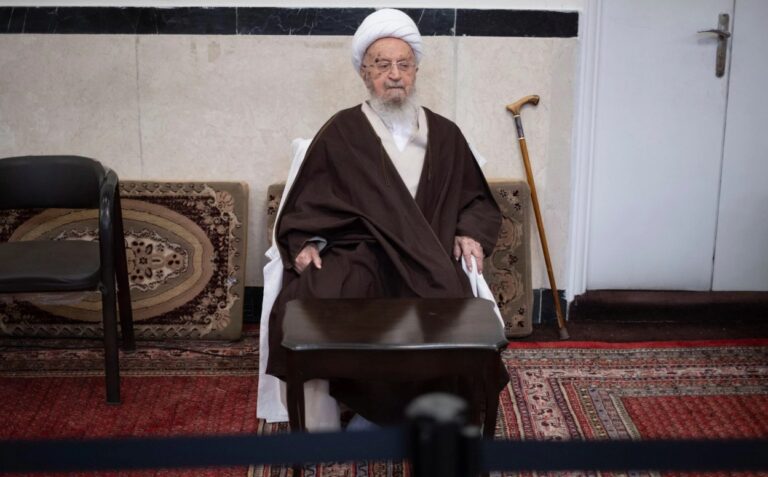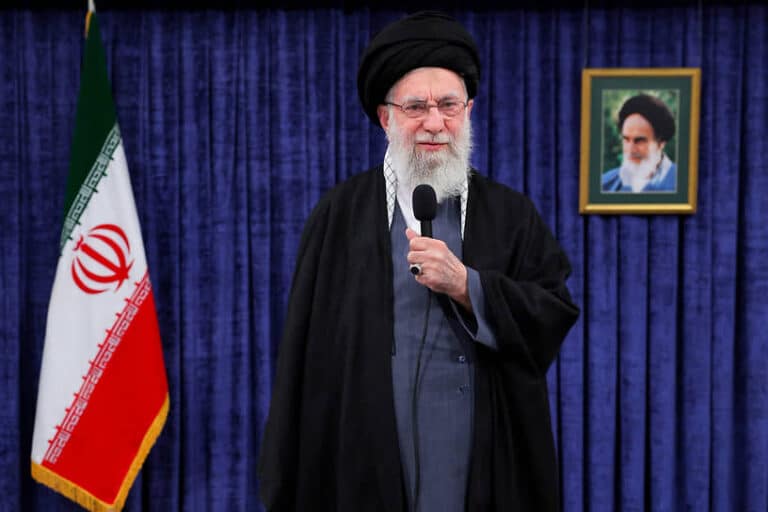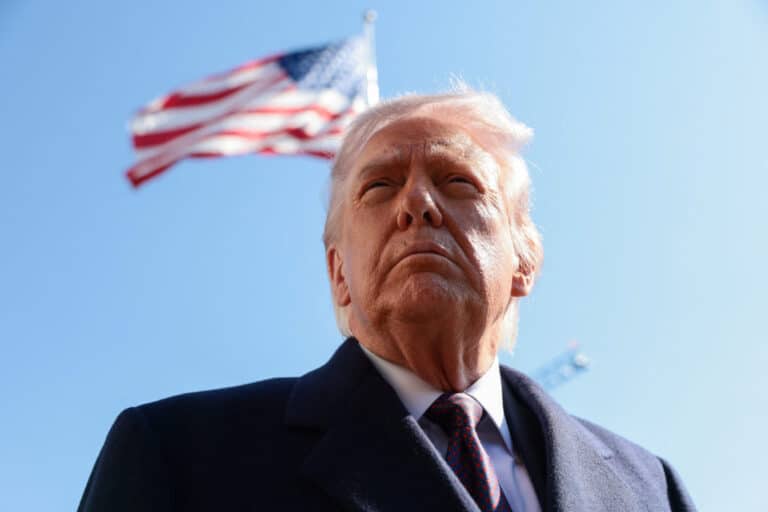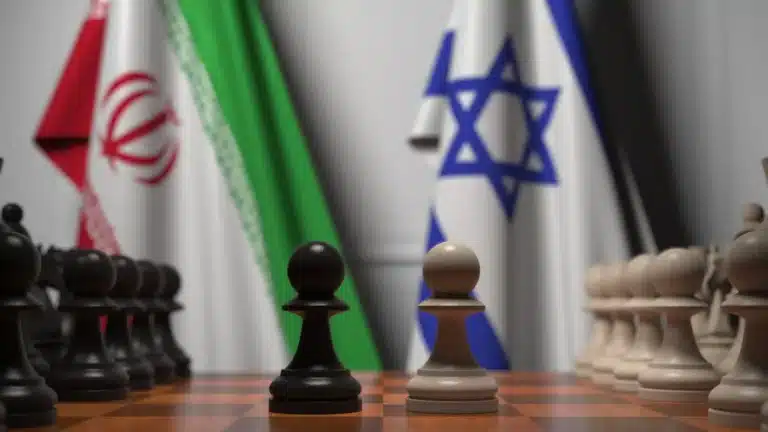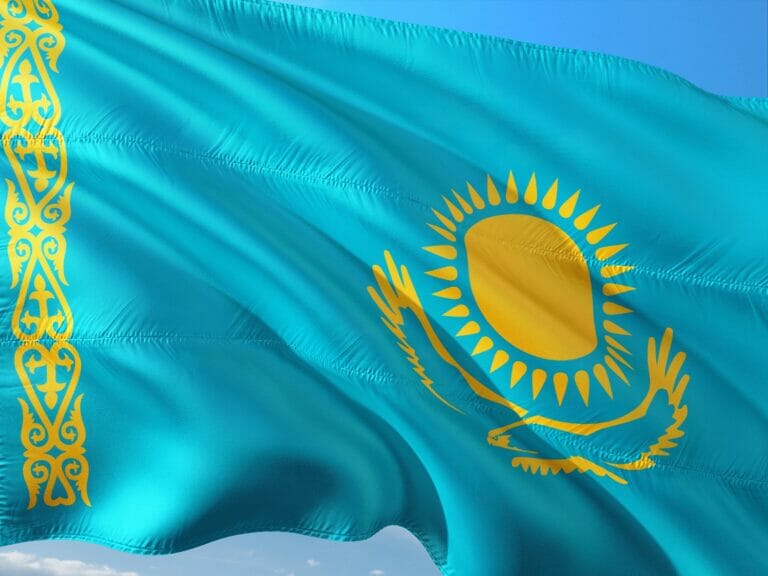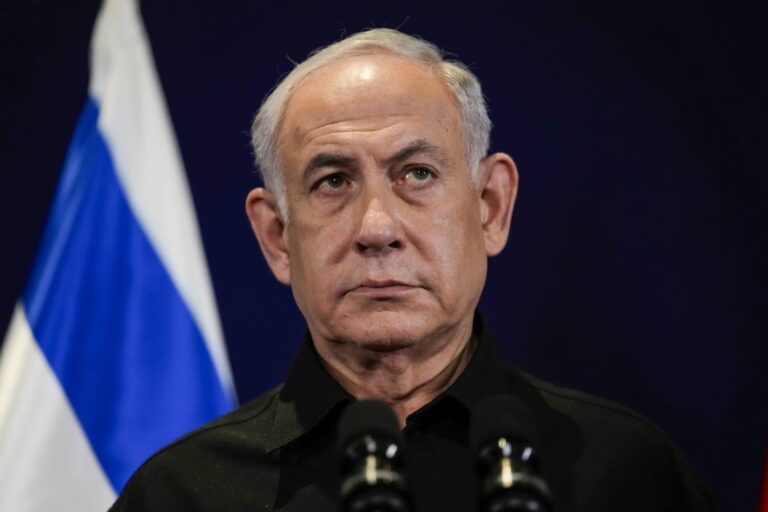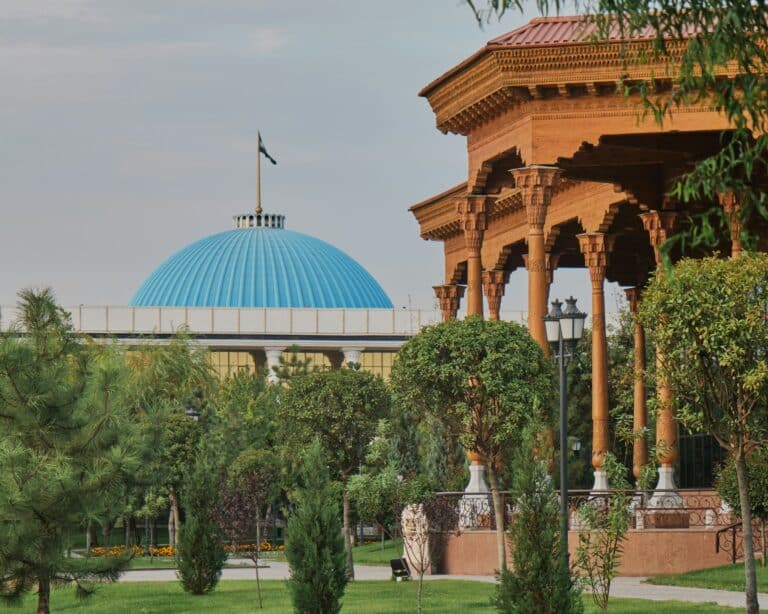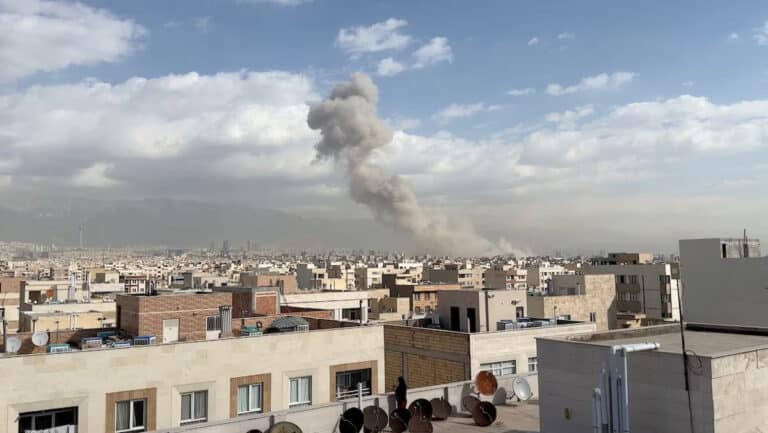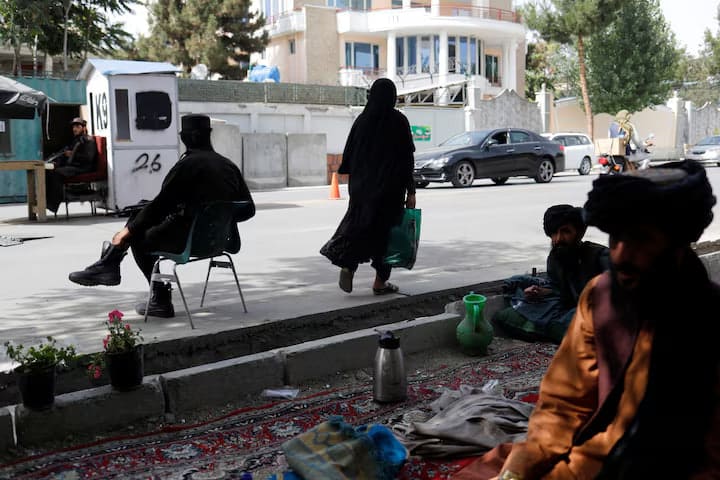
On July 8, 2025, Pre-Trial Chamber II of the International Criminal Court (ICC) announced that it has issued arrest warrants for two senior Taliban officials, citing grave human rights abuses in Afghanistan since August 2021.
The individuals named are Haibatullah Akhundzada, the Supreme Leader of the Taliban, and Abdul Hakim Haqqani, the Taliban’s Chief Justice. Both are accused of leading a policy of gender-based and political persecution that resulted in widespread crimes against civilians.
The Chamber concluded there are reasonable grounds to believe that the two officials directly ordered, encouraged or facilitated crimes against humanity. These include persecution on gender grounds – specifically targeting women, girls and individuals whose gender identity or expression does not align with Taliban doctrine – as well as political persecution against those perceived as supportive of women’s rights.
Taliban Rule Marked by Systematic Oppression
The ICC determined that, since taking control of Afghanistan on August 15, 2021, the Taliban leadership implemented government policies that led to gross violations of civil liberties. These actions, which continued until at least January 20, 2025, included arbitrary detention, torture, sexual violence, forced disappearances and the denial of basic human rights to large segments of the population.
Particular attention was given to the regime’s treatment of women and girls, who were denied education and stripped of the rights to movement, privacy and free expression. Taliban’s decrees and edicts were seen as institutionalising gender discrimination and enforcing a repressive ideological agenda.
The Chamber emphasised that the Taliban’s policies deliberately curtailed freedoms based on gender identity, gender expression and sexual orientation. The scope of the charges goes beyond individual acts of violence to include the structural enforcement of discriminatory norms.
Allies of Women’s Rights Also Targeted
According to the ICC, persecution extended to individuals perceived as defending or supporting women’s rights. These allies of girls and women were treated as political adversaries, regardless of whether they actively resisted Taliban rule. The Court found that mere association with gender equality was enough to warrant surveillance, intimidation or worse.
In reaching its decision, the Chamber highlighted the importance of Article 7(1)(h) of the Rome Statute, which seeks to protect vulnerable civilian populations from systemic abuse. The provision is intended not only to address overt acts of violence but also to expose the structures that enable ongoing oppression.
While the warrants will remain sealed to protect victims and witnesses, the ICC has publicly disclosed their existence. The Court stated that raising awareness of the alleged crimes may help deter further violations and signal international scrutiny of ongoing abuses in Afghanistan.
The decision marks a significant move by the ICC in addressing gender-based persecution at the highest levels of authority. It underscores the Court’s broader mandate to challenge institutionalised injustice and defend the rights of those most at risk under authoritarian regimes.
Kursiv also reports that the President of Russian Federation Vladimir Putin has officially recognised the Taliban-led Islamic Emirate of Afghanistan following a proposal from Foreign Minister Sergey Lavrov.


